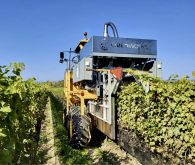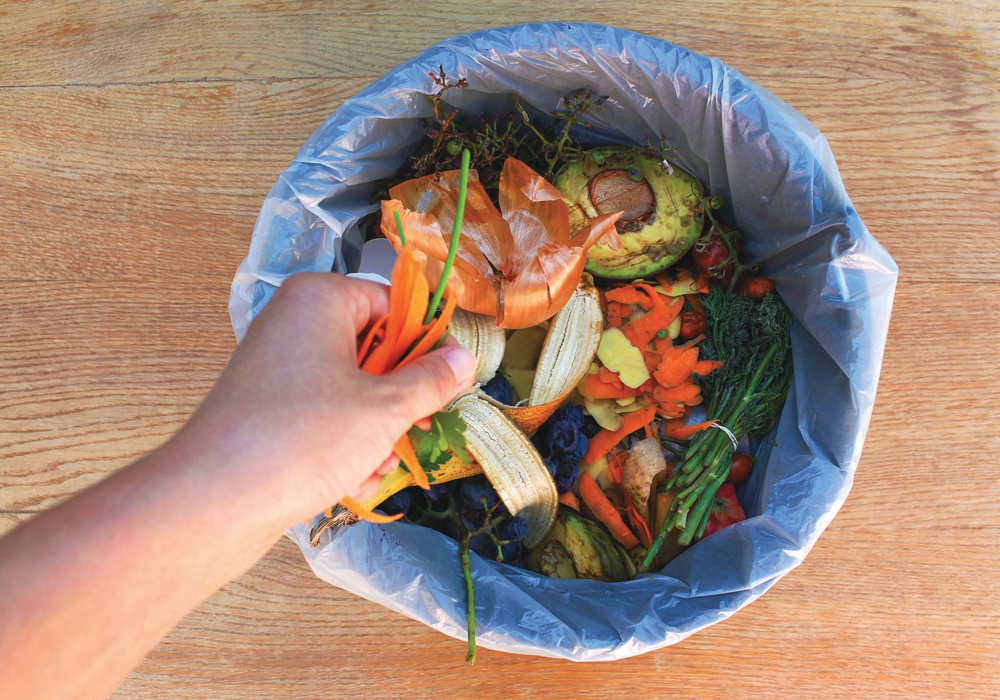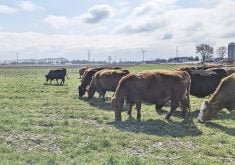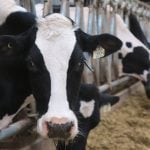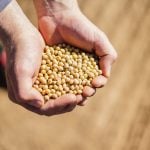Agriculture and food supply chains bent and held during the early COVID-19 pandemic, but it depends on your point of view whether that means change is needed, especially to encourage more reliance on local supply of food and agriculture inputs.
Bayer Crop Science hosted a panel of agriculture and food supply chain experts recently as part of its Shaping Agriculture series.
The food system was not performing well even before the pandemic, said Heike Axmann, of Wageningen University in the Netherlands, where she studies food supply chains as part of a research institute connected to the university.
Read Also
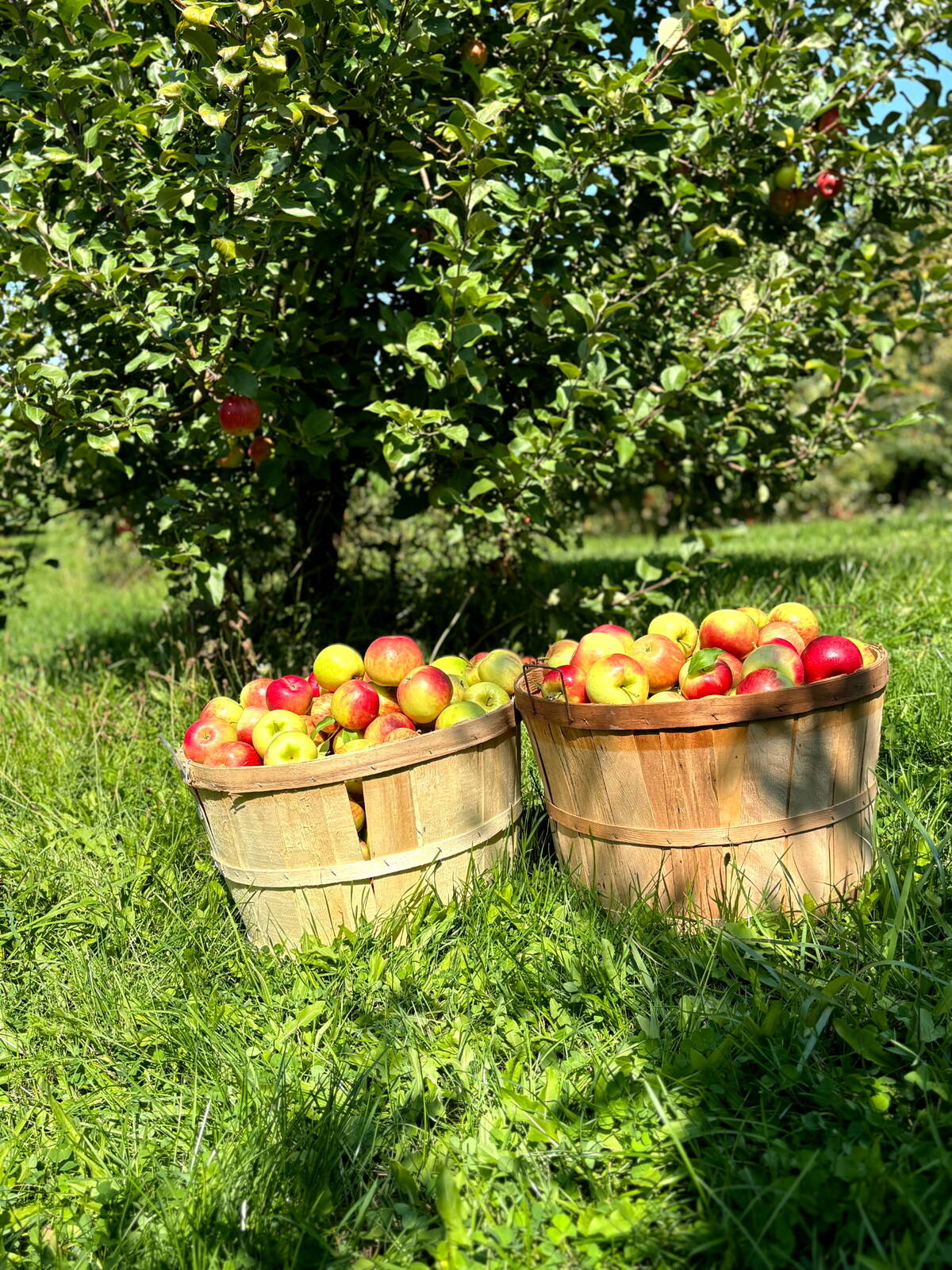
Farmers taking to social media to spread the word about the cost of farm thefts
A rash of farm thefts in Ontario have left farmers looking for new ways to help customers understand the cost of stealing goods.
About 30 per cent of food was wasted in the systems that move it around the world, she says, mostly at retail and in homes in developed countries, but in harvest and storage in less developed countries.
In some commodities, 50 per cent of harvested food goes to waste, she says.
“That’s a tremendous loss not only in food security and nutrition, but economically.”
The shocks that have hit the food system during COVID-19 have made it vulnerable to future shocks including more waves of COVID-19 and climate change, says Axmann.
She says prices of food are likely to rise and production could decrease. Vegetables and fruits are at particular risk because they are nutrient dense, but at greater risk of spoiling.
Food systems performed “in general terms quite well,” said Manuel Otero, director general of the Inter-American Institute for Cooperation on Agriculture (IICA). The IICA is made up of the 34 countries in the Americas, including Canada.
Otero says there continue to be rippling effects on the food system because of pandemic-related economics.
For example, in the Caribbean, money spent to import food is equal to 80 percent of the income from tourism. In other words, tourism, which is largely shut down due to COVID-19, pays for food in those countries.
“That agriculture is an essential service is important,” he said. “The cycle of agriculture cannot stop.”
He says the pandemic will likely drive needed digital innovation into agriculture, in order to help make supply chains more secure.
“We need to protect all key actors across the food chain, but especially, we have to take care of the farmers. They are the key actors to keep the wheel of agriculture moving.”
He also called for maintaining open markets.
“Producing locally doesn’t necessarily mean it is the most sustainable way.”
Panelists, including Canadian farmer John Kowalchuk from Alberta, agreed that local suppliers have become more important to people’s lives. Kowalchuk says he buys most of his farm inputs locally and he and his family purchased most of their supplies in their small town during the COVID-19 lockdown period.
He said there was concern about whether or not seeds, fertilizer and pesticides would arrive in time for planting, but the supply chain came through.
That was true across Bayer’s business, said Dirk Backhaus, Bayer’s head of product supply, for crop science.
He said it was a “tremendous effort for our operation keep working”.
Supply chains and trade need to remain open, he said. Components for a Bayer product assembled at a factory in Brazil can come from China, Europe and the United States.
Farmers will have to continue evolving their marketing, says Kowalchuk. For example, with sales of alcohol reduced due to a lack of bar opening and sporting events, malt barley demand is at 70 per cent of normal.
“It’s changed how we look at our farm and what we grow. We’re diversifying what we grow more and spreading our risk a little bit,” he said.
A blip on food waste or long-term trend?
Axmann says that recent research in the Netherlands has shown that consumers say they have significantly reduced food waste during the pandemic, especially due to better planning. There have been some interesting new methods of marketing, including online marketplaces to deal with excess production that no longer had a home in food service, she said. There also was a big push to get Dutch people to eat more French fries so that potatoes in storage didn’t rot, and it was a success.




